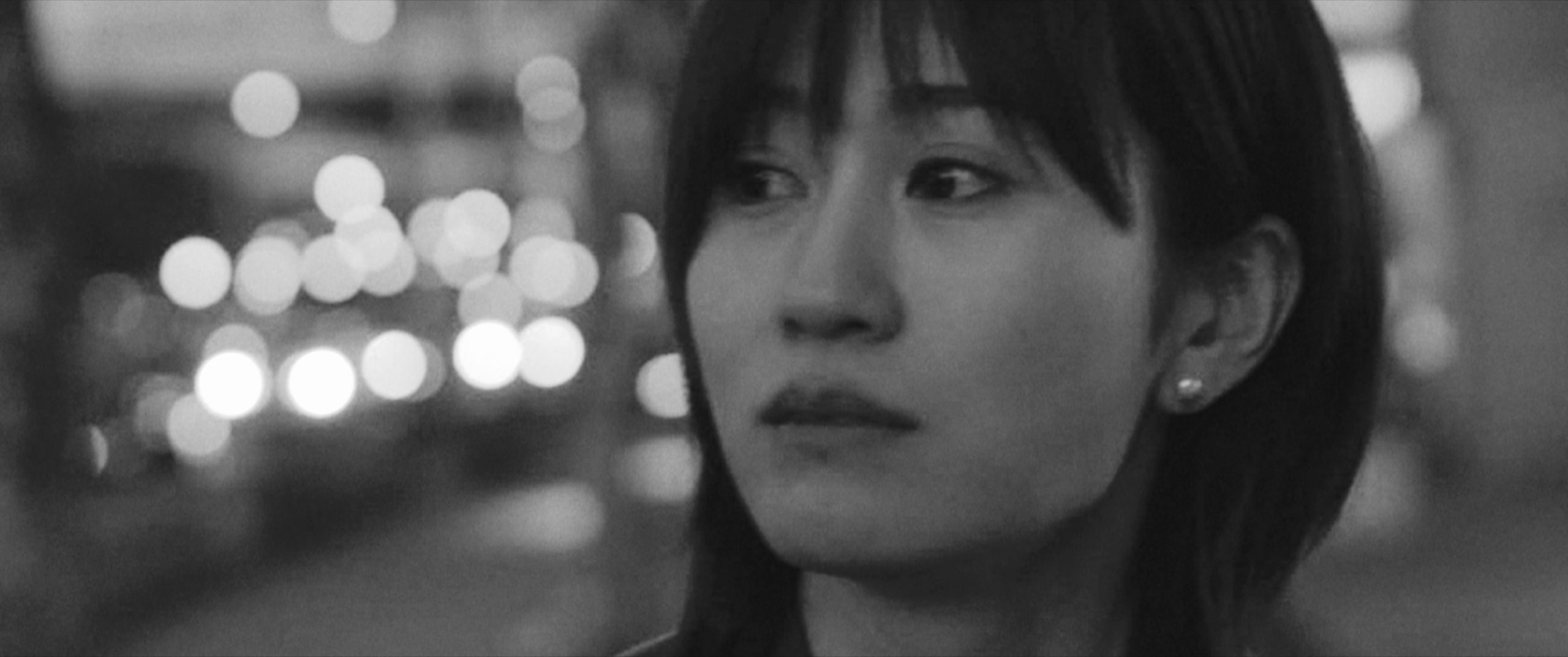In Ichigatsuno Koeni Yorokobiwo Kizame (International title: Voice), a young woman named Reiko (Atsuko Maeda) professes to her boyfriend-for-hire that she had been sexually abused as a child. Reiko had been six years old when it happened and she still finds it hard to talk about the incident. “Because of what happened to me…I thought I could never be intimate with someone I loved. My body is not worthy of love,” she tells him. It’s a wrenching confession and it’s also a fairly common reaction held by many abused women. When bad things happen, Japanese women tend to think that it was all their fault which in turn strains or taints their future relationships. Yukiko Mishima who directed the film, says “Japanese people just don’t want to talk about the bad stuff in their personal lives. As for families, they internalize everything and then close themselves off. I know this must appear very strange to people overseas.”

On the other hand the strangeness of Japanese families and women in particular, has been Mishima’s forte since 2009 when at the age of 40 she made her feature debut with The Tatooer. Based on the same titled novel by Junichiro Tanizaki, The Tatooer put Mishima’s name on the map, not least because she is that rarity in the Japanese film industry: an independent woman filmmaker. Born in Osaka, Mishima had been frequenting the neighborhood movie theater since she was 4 and decided to make movies at the age of 10. When she was 18, she made her first 8mm film and then got into NHK as a documentary director. After going solo she has come out with a new film at least every other year, even during the pandemic.
On the international film festival circuit she’s been a critics’ darling as attested by the multiple award-winning Stitch of Life in 2015 and Dear Etranger in 2017. “I think that at my core, I’m a documentarian. I get inspired by a news story about volunteers helping the terminally ill in India, snippets of conversations overheard on a train, historical facts about Japan…and then I gather the threads and turn it into one story, which is what happened with Voice.”
But Voice has another crucial element derived from something that happened in Mishima’s own past. Like Reiko, Mishima had been sexually abused when she was 6 years old and for a very long time she pushed the incident to the back of her mind, refusing to face it or talk about it. “In 2020, I found myself standing close to the very same street where it happened. For the first time in decades, I allowed myself to remember, and then admit that it had really happened.” Voice’s Reiko isn’t precisely Mishima’s alter ego but her deep pain and sense of loss springs from the same source. “In Voice, I didn’t want to document my personal history per se. But I did want to visit the issues and reenact the sensations that assail women who are victims of sex crimes. How it affects their lives and what happens when they remember.”
Mishima says she’s lucky in that “I have filmmaking to fall back on. Not everyone has that outlet. I kept thinking, what if I had died after that incident, how would my father have coped? So I hid it and internalized it and then the MeToo movement came into effect and it became acceptable to talk about these things. For me, it wasn’t because of that but I did find I was able to talk about it. It took me 47 years to get to this place. I was able to examine my emotions and memories and having done so, I could put that to rest by making a movie about it.”
Unlike Mishima, Voice is filled with characters that respond to personal tragedies by going into voluntary lockdown. A father who lost his younger daughter (played by trans actor Carousel Maki) to a violent sex crime decides on a sex change operation so he wouldn’t have to deal with the brutishness of the male desire. Yet she still can’t communicate with her family or fix the relationship with her mistrustful eldest daughter. In another segment, Makoto (Sho Aikawa) hasn’t seen or spoken to his daughter in years and is bewildered when she shows up at his door pregnant, hiding divorce papers in her bag. These people struggle to give voice to their most important emotions but Mishima hopes Voice shows that “when you raise your voice to ask for help, someone, somewhere, hears you. Voices resonate, like ripples across the water.”
Mishima often gets asked if her name is not a pseudonym. Yukiko Mishima is after all, only one ‘k’ away from having the same name of one of the most famous and arguably the most controversial author Japan has produced. “My father was a great fan of Yukio Mishima and when I was born he just gave me his name,” says Mishima, who adds that she herself admires the master’s works but has more reservations than her father. “I think though, that Mishima had an amazing ear for the Japanese language. His metaphors and similes are simply stunning.”
Voice opened on 2/9 and is now in theaters with English subtitles. “In all my films, the common denominator is an observation of my fellow human beings. I’m also searching for my own space, my own place. I think that filmmakers are by nature, outsiders but in certain moments and scenes we can exist wholly in the movies we make. Movies are incredible. The story starts out in complete darkness and then merges with the light. It’s like life itself.”
